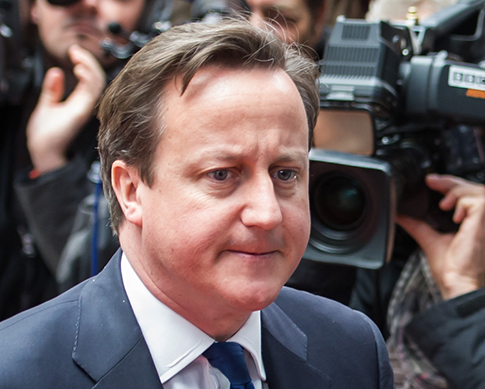U.S. intelligence officials have criticized British Prime Minister David Cameron's new counterterrorism measures, which will seize terror suspects' passports and prevent extremists from returning to the United Kingdom.
While such measures serve as an appropriate response to the alarming trend of Western recruits joining terror groups such as Islamic State of Iraq and the Levant and al Qaeda, members of the American intelligence community have warned that the policy could result in an overall loss of valuable intelligence.
The U.S. counterterrorism strategy has been to "lure in" militants returning from Iraq or Syria with the hopes of extracting detailed information about ground operations, recruitment, and designs for attacks on the homeland. Cameron's strategy, on the other hand, imposes strict no-fly restrictions on travelers returning from Iraq and Syria with the goal of 'excluding' British citizens from the U.K.
"It is abhorrent that people who declare their allegiance elsewhere are able to return to the United Kingdom and pose a threat to our national security," Cameron said.
Cameron's concerns over the threat posed by homegrown militants returning to their countries of origin to carry out attacks have been echoed in recent weeks, most notably from former Homeland Security Secretary Janet Napolitano, who warned that "it doesn't take many" to pose a serious threat to the United States.
House Homeland Security Chairman Michael McCaul (R., Texas), who called ISIL the greatest threat since 9/11, says there is still "much more that can be done" to improve intelligence sharing between the U.S. and the U.K.
